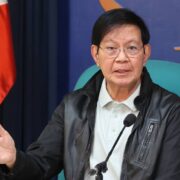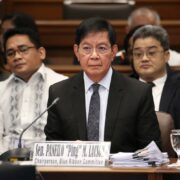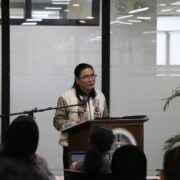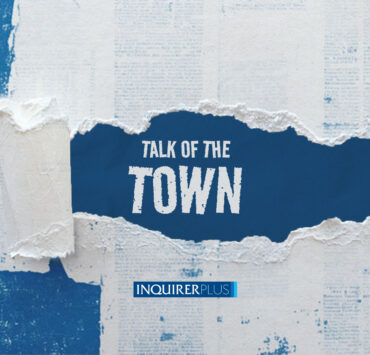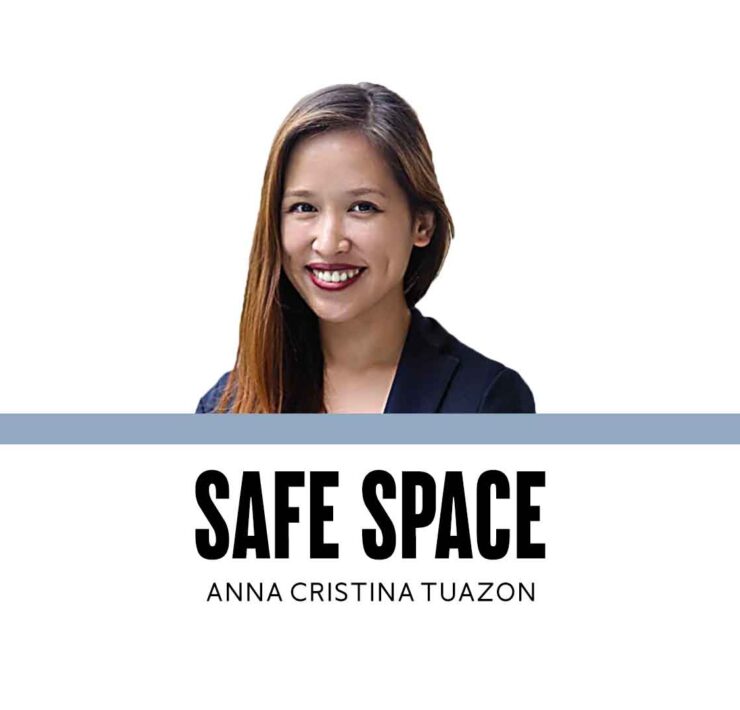Freedom and personal responsibility
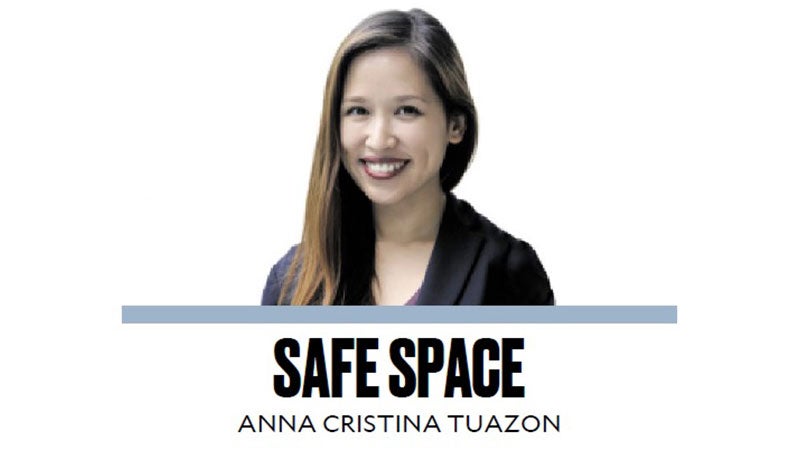
It so happened that our module on existential psychotherapy coincided with the students’ “hell week,” when requirements start piling up. For first-year students, this is also when the novelty of being in graduate school wears off. This is overtaken by the sheer exhaustion of juggling both school and work, not to mention trying to maintain some semblance of a social life. During high-pressure situations, I notice students start to take shortcuts. They make practical trade-offs, sacrificing one requirement for another. They also start forgetting their original intention of why they chose this path to begin with, seeing school tasks as drudgery and something merely to get past. It is not surprising that learning absorption is poor, and the experience of not learning anything contributes to their sense of overwhelm, sometimes leading to despair and wondering if this is the right career for them.
It was the perfect opportunity to apply the existential perspective, which deals with existential givens of death, meaninglessness, isolation, and freedom. I asked them what they fear happening—and losing—if they continue to spend energy on their lessons. I also asked them to sit with the choices they have made without rushing to rationalization or justification.
An important concept in existential psychotherapy is the belief that people ultimately have the freedom to make their own choices. These choices may be difficult. The options may be limited. Nevertheless, they are your choice to make. Not choosing is also a choice. Intertwined with freedom, however, is responsibility. You cannot have one without the other. As much as you are free to decide, you are also responsible for the consequences of those decisions. This makes freedom an uneasy given in life, and not a few disavow it: “I was forced to do it.” “I had no choice.” “If you didn’t do that, I wouldn’t have done this.”
In therapy, personal responsibility is an essential element for positive outcomes. It is a misconception that therapy supports the client in blaming others (usually the parents) for their suffering. Good and ethical therapy recognizes that the client must take personal responsibility for their choices and behavior in life. You may not have had control over what happened to you, but you do have control over how you respond to life’s challenges.
In the broader sphere, we see this tension play out. Nobody would openly admit they want less freedom for themselves, yet many are also hesitant to take personal responsibility for their lives. There are people who vote for less individual freedom, such as electing authoritarian regimes, so that they can pass off responsibility to leaders. People blindly comply with rules so they can blame the rules and the rule makers.
We see this happen in current events. For example, nobody is forced to participate in corruption. They simply chose to play the game. The earlier defense of the Discayas during the Senate hearings, as rebuked by Sen. Risa Hontiveros, was that they felt they had no choice but to pay kickbacks. She reminded them that they could have chosen not to profit from such rigged government contracts, yet chose to do so.
This also applies to regular citizens when it comes to making use of fixers or offering bribes to get out of a traffic violation. Would it be terribly inconvenient to go through the process of paying the fines and attending seminars? Yes. Is it much easier than contesting a traffic ticket? Yes. And it is our choice to choose convenience or expediency over doing what is right.
The Duterte family’s insistence that former President Rodrigo Duterte was merely “kidnapped,” refusing to acknowledge that he was arrested by law enforcement, is another example. “Kidnapping” highlights only what is done to the person, with the assumption that the person was not personally responsible for their kidnapping. An arrest, however, would imply that the person has done something to warrant the arrest. It thus makes sense that the Dutertes keep insisting on their narrative to ensure their father’s escape from personal responsibility for the crimes of humanity allegedly committed during his administration. The narrative disconnects his actions from the consequences of his actions. Without this important context, they are able to paint the former President as a victim or martyr to his supporters.
The Senate resolution urging the International Criminal Court to place the former President under house arrest completely ignores his personal responsibility as well and only emphasizes his freedom. There is no mention whatsoever of the crimes he has been charged with nor have they taken into consideration the grievances of the Filipino victims, whose interests they have the sworn duty to represent as public servants.
To fully embrace and protect our freedoms, we must be willing to take personal responsibility, starting with our own actions.
—————-
aatuazon@up.edu.ph




